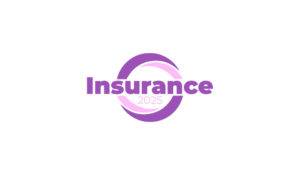small business insurance : A Guide to Choosing the Right Insurance
Start by identifying potential risks specific to your industry. For example, if you run a restaurant, you may face risks such as food contamination, slip-and-fall accidents, or liquor liability if you serve alcohol. On the other hand, if you operate an online business, your risks may involve data breaches, cyberattacks, or intellectual property disputes.

